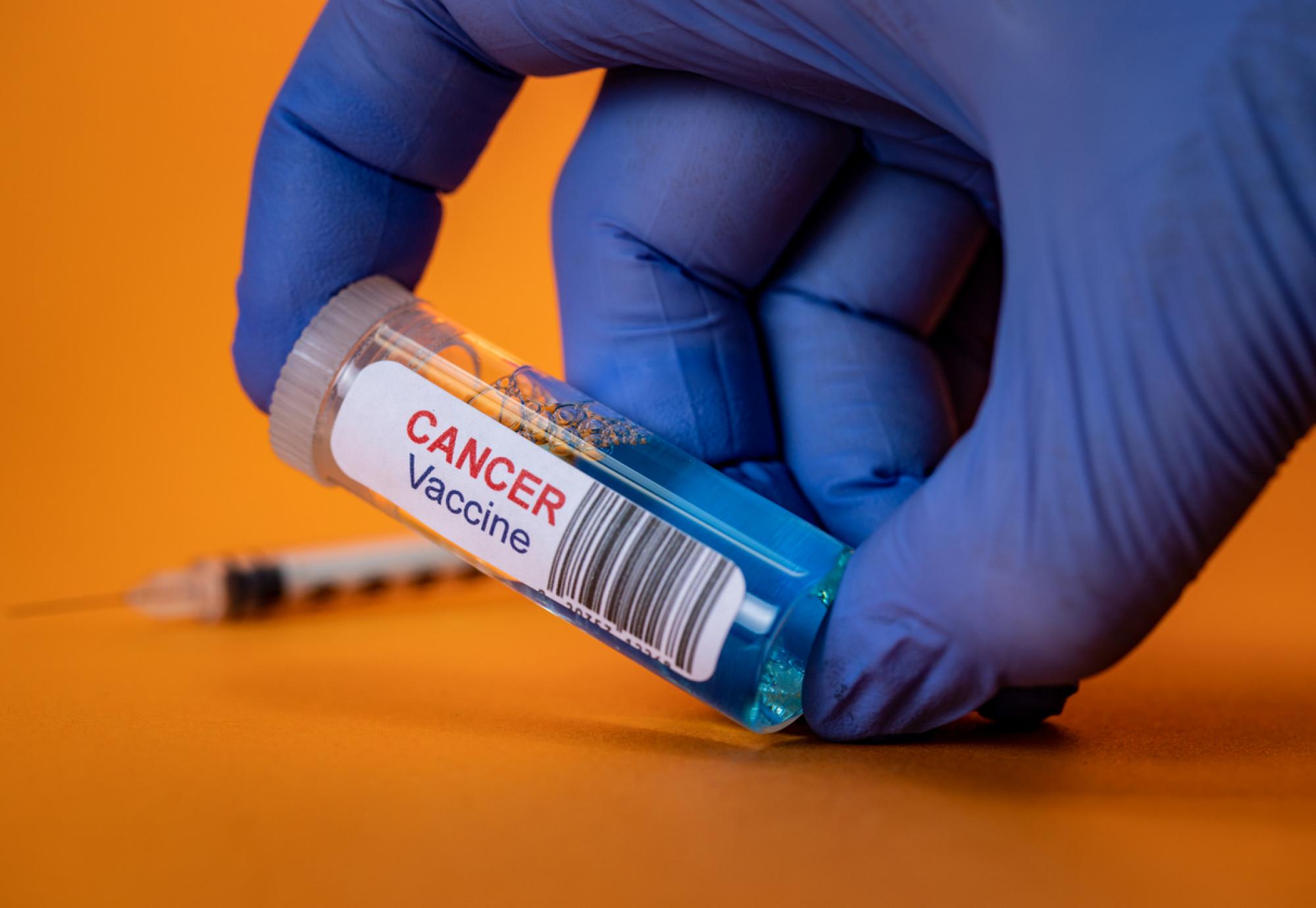The first lung cancer patient has been given a new investigational cancer vaccine as part of an mRNA clinical trial being led by University College London Hospitals NHS Foundation Trust (UCLH) and the National Institute for Health and Care Research (NIHR).
The cancer immunotherapy – known as BNT116 – uses mRNA to present the patient’s immune system with common tumour markers so it can recognise and ultimately fend off cancer cells.
This targeted approach will help build the defence mechanisms against cancer cells specifically, thus reducing the risk to healthy, non-cancerous cells in the body – a marked difference between chemotherapy which can often impact both cancerous and non-cancerous cells.
Trial aims
The main objectives for the researchers are to establish whether BNT116 is safe and well tolerated, can target tumours effectively on its own, and can work in conjunction with chemotherapy and other immunotherapy treatments.
The trials will be conducted across 34 research sites, spanning seven countries for a total of around 130 participants. The treatment is made by BioNTech.
In addition to UCLH, the six UK sites include:
- Cambridge University Hospitals NHS Foundation Trust
- The Clatterbridge Cancer Centre NHS Foundation Trust
- Guy’s and St Thomas’ NHS Foundation Trust
- The Newcastle Upon Tyne Hospitals NHS Foundation Trust
- Velindre University NHS Trust
“Lung cancer remains the leading cause of cancer deaths worldwide, with an estimated 1.8 million deaths in 2020,” said Siow Ming Lee, UCLH consultant medical oncologist, who is leading the national study.
“We are now entering this very exciting new era of mRNA-based immunotherapy clinical trials to investigate the treatment of lung cancer, thanks to the foundation laid by the Office for Life Sciences, within the Department for Science, Innovation and Technology and the Department for Health and Social Care.”
Lord Vallance, science minister, added: “It is good to see this vaccine taking its next important step. This approach has the potential to save the lives of thousands diagnosed with lung cancer every year.”
Cancer vaccine trial
This more recent trial follows a similar initiative investigating an immunotherapy for melanoma, also led by UCLH and NIHR. Both trials have benefitted from the UK Vaccination Innovation Pathway, which played a crucial role in delivering the requisite systems and processes for optimal set-up and patient recruitment.
Director of research at UCLH, Professor Karl Peggs, said: “Developing new approaches to treating cancer is a major priority for research at UCLH and within the BRC, and it’s exciting to see this first-in-human research get started at UCLH.
“We are able to do this kind of research thanks to our first-rate clinicians and research teams, our track record of working alongside industry, and our facilities and infrastructure which receive crucial support from the NIHR.”
Dame Cally Palmer, NHS England’s national cancer director, has said that her and other health leaders expect to see thousands more patients taking part in trials like this over the next few years.
“The NHS has a leading role globally in trialling cancer vaccines and if we are successful, they could be revolutionary in vaccinating people against their own cancers to prevent the cancer recurring after their initial treatment,” she said.
“Pioneering work is being undertaken by hospitals throughout the country with their university and industry partners to look at ways of harnessing the body’s own immune system to treat a range of cancers.”
Image credit: iStock



















